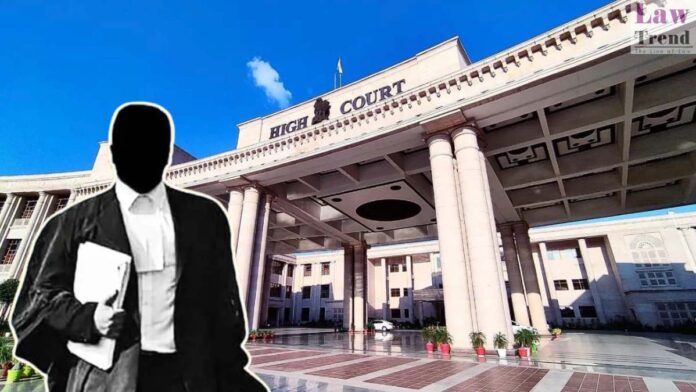The Allahabad High Court at Lucknow has sentenced a lawyer to six months’ simple imprisonment and imposed a fine of ₹2,000 for committing criminal contempt of court. The Division Bench comprising Justice Vivek Chaudhary and Justice Brij Raj Singh found the lawyer guilty of scandalizing the court and interfering with judicial proceedings, after he disrupted
To Read More Please Subscribe to VIP Membership for Unlimited Access to All the Articles, Download Available Copies of Judgments/Order, Acess to Central/State Bare Acts, Advertisement Free Content, Access to More than 4000 Legal Drafts( Readymade Editable Formats of Suits, Petitions, Writs, Legal Notices, Divorce Petitions, 138 Notices, Bail Applications etc.) in Hindi and English.




